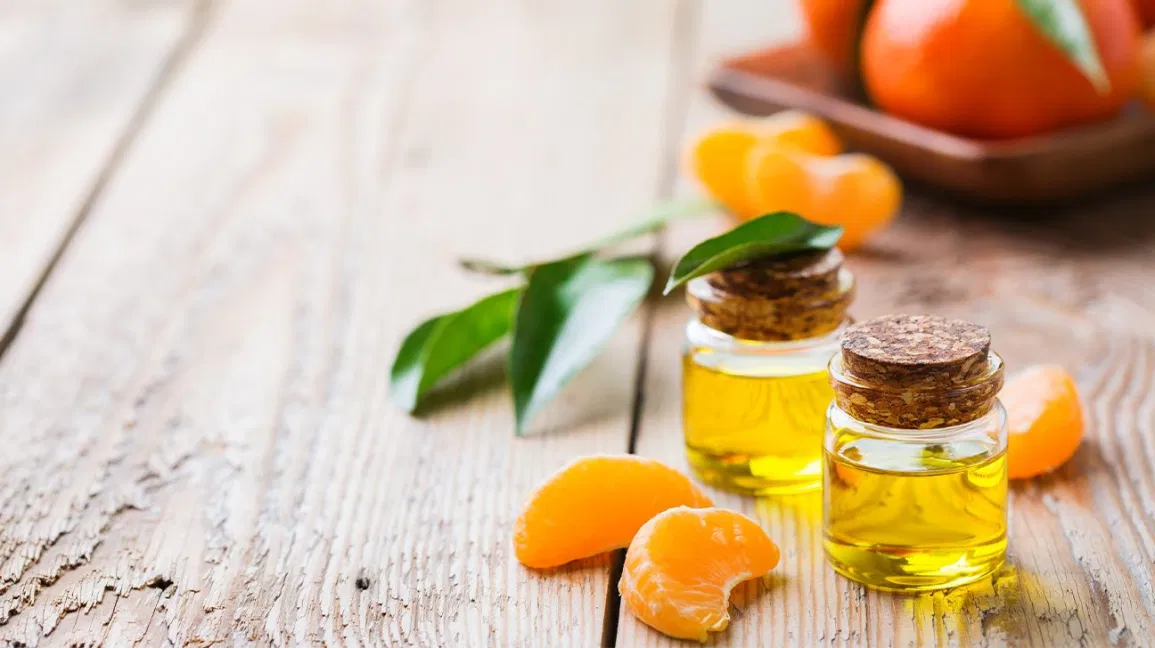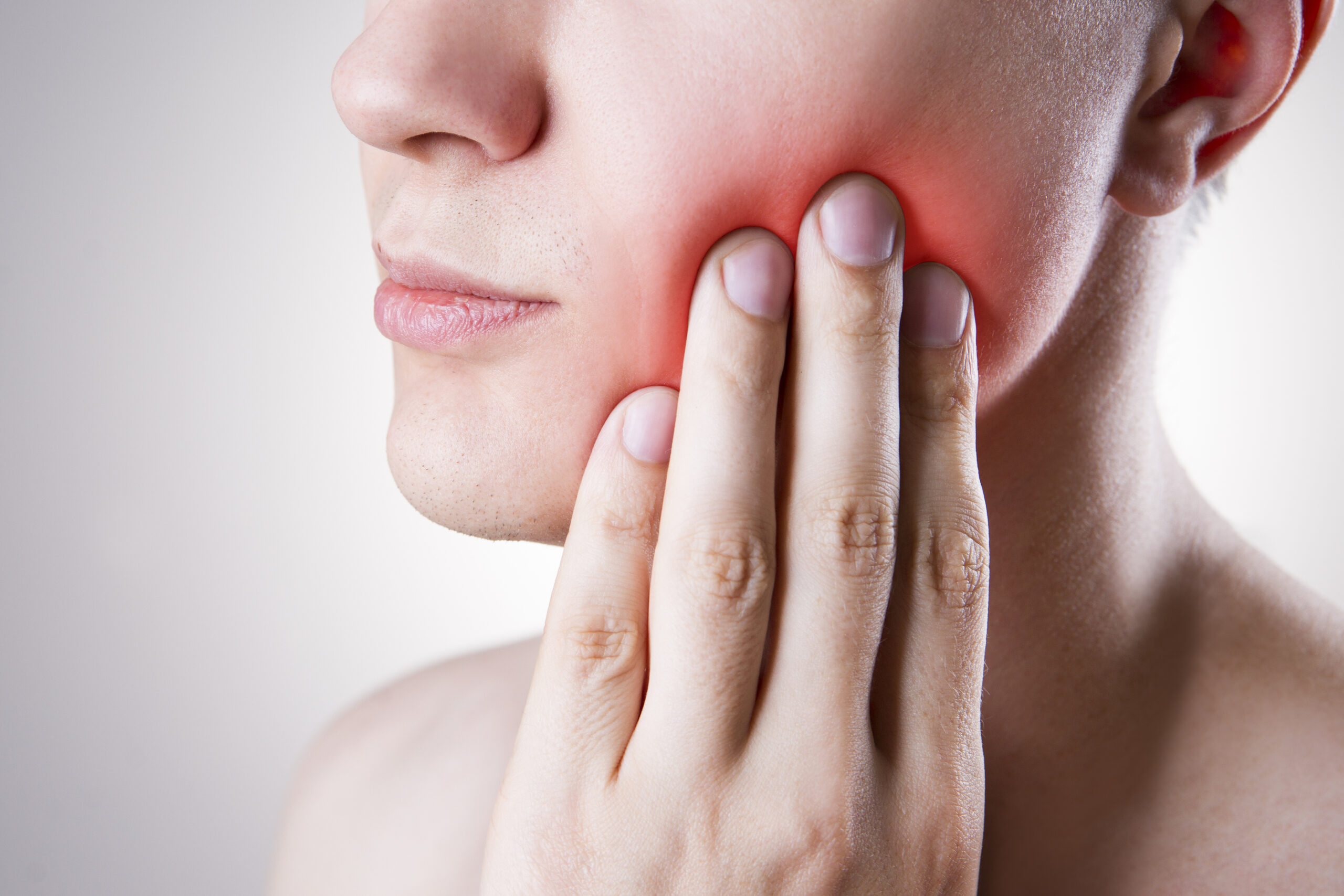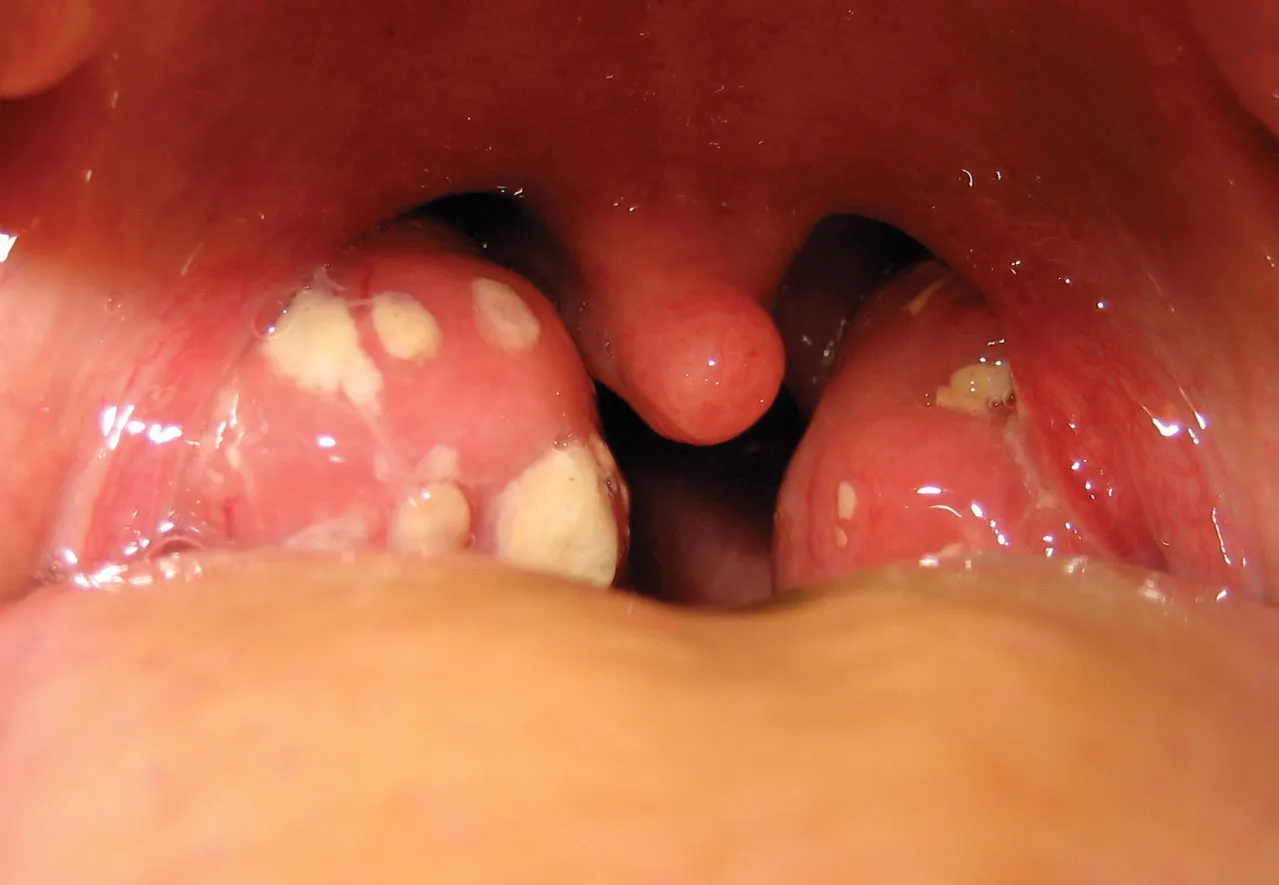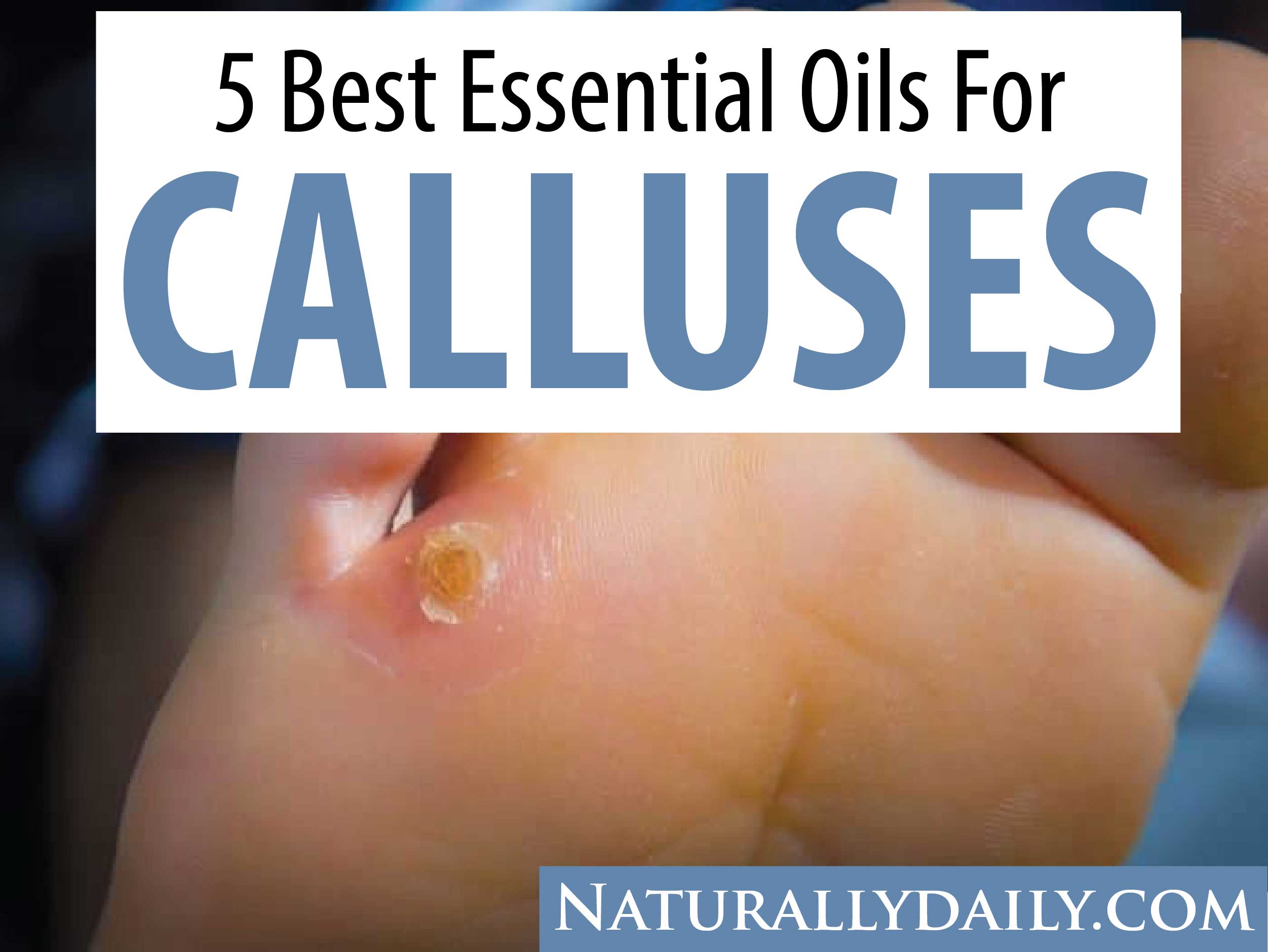Orange or sweet orange essential oil is different from bitter orange and blood orange essential oils. The sweet orange essential oil comes from the rinds of orange or Citrus sinensis through a cold-pressing process. [1]
The pale yellow or orange-colored oil has a thin consistency and a sweet-citrusy concentrated aroma of orange peels.
Citrus sinensis is an important economic fruit crop. According to a 2009 statistics conducted by FAO, sweet orange ranks first among all fruit crops in terms of production and economic value; with 122.3 million tons of sweet oranges produced in nine million hectares of land worldwide. [2]
Sweet orange is a hybrid of pummelo and mandarin. The origin of sweet oranges dates back to 2500 years in China. Though the citrus fruit is native to South East Asia, today half of its global production happens in Brazil and the U.S.A. [2]
Orange is an important source of nutrition and vitamins in the human diet. People all over the world consume oranges due to their abundance of vitamin C, natural antioxidants, and numerous phytochemicals polyphenols, pectin, limonoids, hesperidin flavonoid, etc. [2] [3]
The energizing orange oil is one of the most popular choices in aromatherapy. Recent scientific research has found immense therapeutic values of the chemical compounds in orange oil.
The citrus essential oil may be a potential remedy for various skin problems, mental disorders, bacterial, fungal infections, and life-threatening diseases. Moreover, it has many practical applications as a house cleaning agent and insect repellent. [1] [4]
The article reviews the therapeutic properties, benefits, and uses of orange essential oil, all supported by scientific facts.
Orange Oil Chemical Compounds and Therapeutic Values
Orange oil has a unique chemical formation. Some of the major chemical constituents of orange oil are:
- A-pinene
- Limonene
- Citronellal
- Myrcene
- Geranial
- Neral
- Linalool
- Sabinene
These chemical compounds in orange oil have anti-inflammatory, carminative, analgesic, antimicrobial, anxiolytic, antiseptic, antispasmodic, antidepressant, anti-stress, calming, and diuretic qualities.
Orange oil has more than 90% d-limonene in it. The bioactive component has antioxidant and anti-inflammatory effects against various health problems. [4]
Benefits of Orange Oil for Skin and Health
1. Orange Oil Can Relieve Pain.
The hydrocarbon limonene in orange oil has analgesic or pain-relieving activity. The oil can decrease different kinds of pain such as inflammation, muscle spasms, tissue damage, pain from bone fractures, headache, etc.
A 2017 clinical study in the Indian Journal of Palliative Care reports the efficacy of orange oil in managing pain. [5]
The researchers investigated the effects of aromatherapy with orange oil among 60 fractured-limb patients admitted to emergency wards. Inhalation of 4 drops of orange oil for 6 hours significantly reduced the pain. The researchers concluded that orange oil might work as an effective remedy for pain relief.
Another study published in the International Journal of Molecular Sciences in 2017, investigated the analgesic-like activities of the chemical constituents of various essential oils.
The monoterpene liquid hydrocarbon- Limonene in orange oil has nociceptive effects. That means the component can block the sensation of pain in the nervous system. This way orange oil is said to reduce the feeling of acute inflammatory pain. [6]
An experimental study was conducted in Hong Kong among 59 older persons with mild to severe knee pain. 6 sessions of aromatic massage over 3 weeks with a combination of 1% ginger oil and 0.5% orange oil reduced the intensity of knee pain and stiffness significantly. [7]
2. Orange Oil Can Reduce Anxiety.
Researchers have extensively studied and verified the anxiolytic or anti-anxiety qualities of orange oil.
The citrus essential oil has an uplifting aroma that has calming effects on the human nervous system.
A clinical study published in the Iranian Journal of Nursing and Midwifery Research evaluates the efficacy of orange oil aromatherapy in reducing labor stress and anxiety.
One hundred women in their labor participated in the trial. A 20 minutes exposure to the orange oil scent significantly reduced the blood pressure and pulse rate in the intervention group.
The researchers conclude that aromatherapy using orange oil may be an effective remedy for reducing labor stress and anxiety. [8]
Another clinical trial report published in the Advanced Biomedical Research journal (2013) investigates the effects of orange oil aromatherapy in reducing the anxiety of children during dental treatment. [9]
Thirty children between 6-9 years of age participated in the clinical trial. The children underwent dental prophylaxis and fissure-sealant therapy in two sessions.
The participants who were exposed to orange oil aroma experienced a reduced level of salivary cortisol and pulse rate. The researchers concluded that orange oil aromatherapy could reduce children’s state of anxiety.
A 2012 study evaluated the potential anxiolytic effect of sweet orange oil among individuals in a stressful state.
Inhalation of 2.5-10 drops of orange oil had tranquilizer and sedative effects in the anxious and stressed participants. [10]
The orange essential oil has clinical relevance to be used as a complementary remedy for stress, anxiety, and improving mood.
You can diffuse 8-10 drops of orange oil in your room throughout the day, or dip a drop of the aromatic oil on your neck or wrist to smell the calming aroma for a long time.
3. Orange Oil May Inhibit the Risk of Developing Cancer.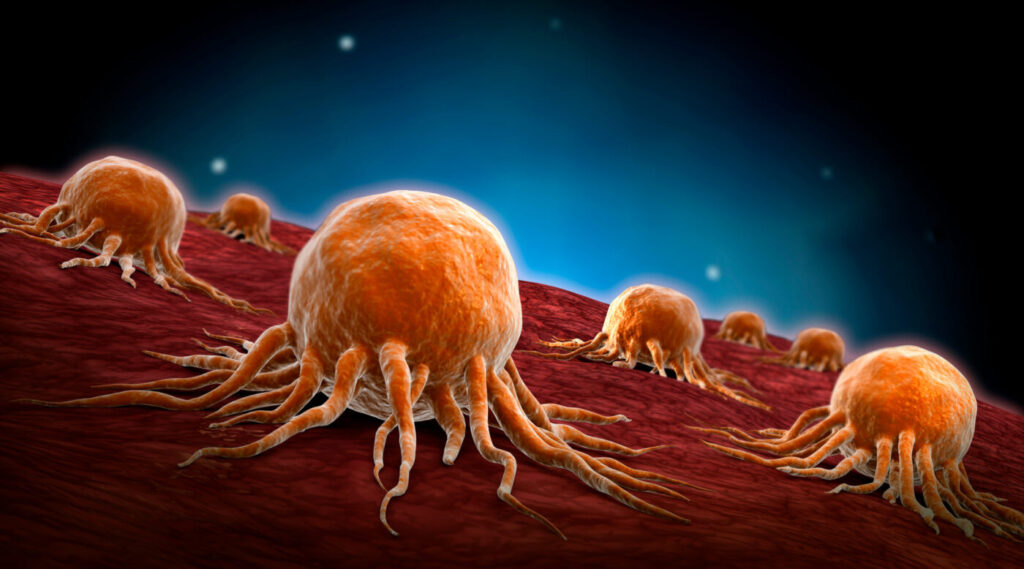
Cancer is a life-threatening group of diseases (there are more than 100 types of cancer). It is the abnormal growth of cells in the body. The cancerous cells can spread to different parts of the body.
Numerous scientific research on the therapeutic qualities of orange oil establishes that the oil has potent anticarcinogen effects. The natural substance can inhibit the growth of potentially cancerous cells.
Orange oil may prevent the risk of developing lung cancer, breast cancer, and leukemia.
A 2009 research study published in the journal Molecular Nutrition and Food Research suggests that the phenolic group Monodemethylated poly methoxy flavones in the peels of sweet orange can inhibit lung cancer cells.
The researchers are optimistic about producing nutraceutical products with sweet orange extracts for cancer prevention. [11]
Another clinical study conducted in Greece ( In Vivo, 2003) reports that the Limonene compound of sweet orange oil has shown strong anticarcinogen activity in human leukemia cell death. [12]
A recent study has confirmed the efficacy of limonene in reducing breast cancer cells. The researchers suggest that a topical application and massage of an orange oil blend on the breasts may be a safe and feasible alternative cancer-fighting strategy. [13]
4. Orange Oil Can Treat Acne and Other Skin Problems.
Acne is one of the most common skin problems. About 40-50 million Americans suffer from acne and pimples.
Dermatologists say that excessive sebum production, clogged hair follicles with dirt, dead skin cells, oil, bacterial infection, etc. are major causes of developing acne. [14]
Orange oil is one of the most effective natural remedies for acne. The oil contains potent anti-inflammatory and antibacterial properties that are beneficial for acne treatment.
Bacterial strains are responsible for acne developing resistance to antibiotic medications over time.
In 2012 researchers in Spain developed an antibacterial formulation using orange oil and sweet basil oil. Twenty-eight volunteers were treated with the antibacterial essential oil and acetic acid gel for 8 weeks, once per day.
The result showed a 75% reduction in acne pimples among the participants. There were no adverse side effects reported in the alternative treatment trial. [15]
Orange oil has positive effects in preventing UV skin damage, wrinkles, and fine lines too. The oil can boost skin collagen and regenerate skin tissues.
A higher sun protection factor (SPF) indicates the effectiveness of sunscreens or cosmetics in protecting against the solar UV ray.
A 2010 research study published in Pharmacognosy Research journal evaluated the efficacy of herbal oils as a natural sunscreen.
The researchers found out olive oil has the highest SPF value. Orange oil has an SPF value of 4 and may protect the skin against the sun’s UV. [16]
Moreover, the bioactive properties in the oil pose strong anti-inflammatory, antiseptic, and cleansing effects. The poly methoxy flavones in orange peels are said to have anti-aging effects on the skin.
You can dilute 2-3 drops of orange oil with your moisturizer or cleanser to fight facial lesions. To treat acne dab a drop of undiluted orange oil on the pimples with a cotton swab.
5. Orange Oil is a Potent Antibacterial Agent.
Various pathogenic bacterial strains are major causes of diseases. A weak immune system can fall prey to infectious diseases through bacterial contamination from food, water, air, sexual contact, etc.
Researchers in various clinical studies confirm the potent antibacterial properties of orange oil. Orange oil may be an effective remedy in treating the symptoms and preventing bacterial diseases caused by Staphylococcus aureus, Escherichia coli, Listeria monocytogenes, Salmonella typhimurium, Vibrio parahaemolyticus, and Pseudomonas aeruginosa. [17, 18]
6. Orange Oil May Treat Fungal Infections.
Orange oil has natural antifungal and antioxidant effects against various fungi species that cause diseases to humans and other animals and plants. [19]
Aspergillus fumigatus fungi are one of the primary reasons for pulmonary allergic disease. The fungal condition can cause severe lung injury and worsen the pulmonary functions of asthma patients.
A weak immune system cannot fight off the fungi. Orange oil has potent immune-boosting ability and fungicidal effects on Aspergillus fumigatus infection. [20]
Several other clinical research confirms the efficacy of orange oil in inhibiting Cladosporium herbarium and Aspergillus terreus fungal strains. [21]
7. Orange Oil has Larvicidal Activity Against Malaria, Yellow, and Dengue Fever Mosquito Vectors.
The infected Anopheles branchiae mosquito carries the Plasmodium parasite that can cause malaria disease. It is a serious, life-threatening disease.
Malaria thrives in humid and warm climates. There are about 1500 cases of malaria in the U.S.A. alone. According to statistics, the fatal disease affects 3.3 billion people worldwide with 90% in sub-Saharan Africa.
According to the Asian Pacific Journal of Tropical Disease, a research study was carried out in North-Eastern Morocco to evaluate the larvicidal activity of orange essential oil and Rutaceae essential oil.
The researchers concluded that both the essential oils have remarkable larvicidal activity against the malaria vector. Only a minimum amount of the essential oils could kill all An. labranchiae larvae. [22]
In another 2015 study published in the journal Thermochimica Acta, orange oil was used as a primary agent in killing the Aedes aegypti larvae. Aedes aegypti is responsible for spreading yellow fever, dengue, Zika fever, chikungunya, Mayaro, and other viruses. [23]
8. Orange Oil Can Treat Gastrointestinal Parasites.
According to the survey, 50% of the world’s population suffers from some kind of gastrointestinal (GI) parasitic infection. It is a major medical concern and a reason behind thousands of deaths. [24]
In many developing countries lack of proper health care, good sanitation and health awareness are perpetuating the problem.
A nematode or soil-transmitted helminth causes numerous infections in humans including roundworms, hookworms, threadworms, pinworms, whipworms, etc.
Hookworms alone infect approximately 44 million women all over the world and occur 125 000 deaths annually. [25]
Researchers in Cuba investigated the therapeutic efficacy of orange oil and niaouli essential oil in destroying Haemonchus contortus or barber’s pole worm eggs (Industrial Crops and Products, 2015) [26]
Limonene in orange oil proved to be five times stronger than niaouli oil in inhibiting the development of the nematode’s egg and embryo. [27]
A recommended oral dose of orange oil may be an effective remedy for gastrointestinal parasite infections. Normally you can ingest a drop of orange oil diluted in a glass of water.
9. Orange Oil is a Potent Insecticide, House Cleaning Agent, and Air Freshener.
Orange oil has many practical applications for your household. The oil is a strong antiseptic and has a wonderful citrus aroma. You can disinfect your room and kitchen surfaces using an orange oil solution.
You may mix 10-15 drops of orange oil with 500ml of clean water. Spray the blend in your room as a natural air freshener and disinfectant.
A 2001 research study published in Bioresource Technology states that orange oil is an effective fumigant and insecticide.
An hour of spraying or diffusing orange essential oil can control and destroy houseflies, cockroaches, mosquitoes, and even subterranean termites. [28, 29, 30]
10. Orange Oil May Relieve Severe Arthritis Pain.
Arthritis is inflammation, pain, and stiffness of one or more joints. Arthritis pain becomes severe as you age. Rheumatoid arthritis is an autoimmune disease. Some underlying infections or diseases such as lupus, psoriasis, etc. may also cause arthritis.
There has been researching on the topical application of essential oils in alleviating severe arthritis pain. In the animal trial of Lewis Rats, topical application of an ointment containing 20% essential oil twice daily reduced the arthritis pain significantly. [31]
Researchers conclude that ginger, orange, and peppermint oil may be some of the most effective natural treatments for arthritis symptoms.
To relieve arthritis pain, you can massage a blend of 10 drops of essential oils diluting them in 2-3 tablespoons of carrier oil.
Using Orange Oil- Precautions and Safety Tips
It is generally safe to use orange oil for aromatic purposes, internal use, and topical application.
However, you should always follow the recommended dosage and process of using the oil.
For the topical application, you can mix 2-4 drops of orange oil and dilute it in some carrier oil. Stop using the oil in case you have an allergic reaction to it.
There are conflicting reports on the phototoxic effects of orange oil. Orange is citrus and cold-pressed oil and may have a good chance of phototoxicity. Hence be cautious and don’t go under the sun after the application of orange oil on the skin.
In case you are pregnant, breastfeeding mother, or a patient with chronic illness, consult a doctor before using orange oil.
For internal use consult with an expert first and always buy 100% therapeutic grade orange oil.
Bottom Line
The chemical constituents and nutrients in orange have immense benefits for human health. Orange has been a traditional folk remedy for kidney stones, stomach ulcers, arteriosclerosis, skin infections, cancer, indigestion, low libido, high cholesterol level, fatigue, cold, cough, and so on.
Orange oil is extracted from the peels of the citrus fruit and has all the therapeutic values stored in its chemical constituents.
Researchers claim that orange oil may be a potential remedy for pain, several kinds of cancer, arthritis, bacterial infections, fungal diseases, parasites, and so on.
Many anecdotal reports also suggest that orange oil can treat digestive problems, and heart diseases, and can manage Alzheimer’s. There is insufficient research to back the efficacy and safety of using orange oil for these conditions.
Researchers suggest that more clinical experiments into the therapeutic efficacy of orange oil can open new windows to alternative natural remedies.
Read Next: Ledum Essential Oil: Health Benefits, Uses, and Safety
